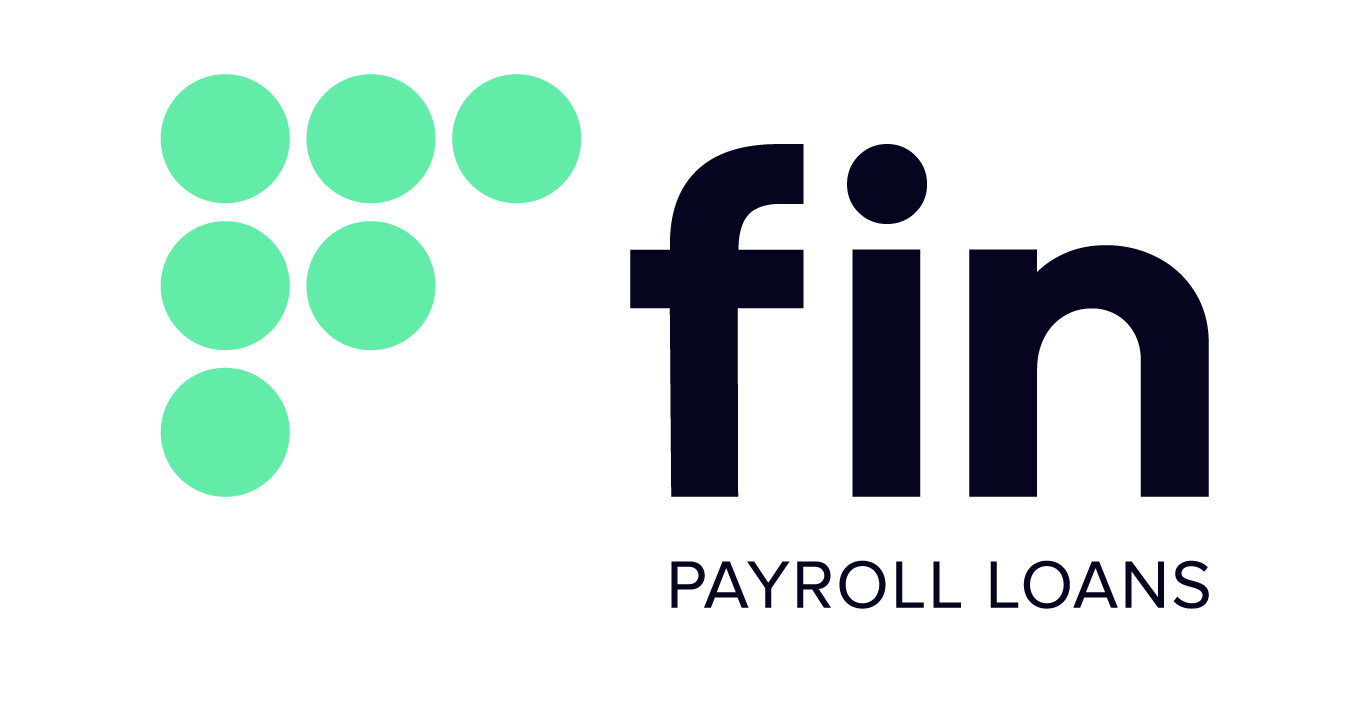Managing and maintaining your financial health can be less than pleasant, especially because spending is more satisfying than planning. However, it’s important to remember that financial wellness is one of the defining factors of your life’s success.
You can understand financial wellness as the ability to meet current and future financial obligations. When you have a low financial wellness score, you’re more likely to be under strain and experience stress. There is no set monetary amount to achieve financial wellness. Instead, it is tied closely to your financial stress and financial confidence.
In a 2019 PWC Employee Financial Wellness Survey, the report found that only 44% of employees feel that their employers care about their financial wellbeing. With numbers like this and the continued decline of financial well-being amongst employees, it’s clear that organisations and employers need to improve.
We’re sharing five pillars of financial wellness that you can use to guide your financial well-being journey.
1. Managing Money
Managing your funds is done in many ways and has no quick solution. Depending on your spending habits, you can adopt several strategies to help you manage your money. These strategies include:
- Budgeting: Budgeting helps you control your spending habits
- Spend tracking: Spend tracking gives you insight into whether you are overspending on unnecessary expenses
- Paying off debt: Paying off debt gets you one step closer to financial freedom
- Saving: Putting away a little every month helps you save to afford the lifestyle you want
2. Earn Money
Earning money is another significant part of financial wellbeing. There are several ways in which you can earn sustainably. Sustainable earning is key because earning on a non-regular basis is very common but inefficient. There are two main ways to earn and achieve financial wellness:
- Passive income: Generating income through passive means such as rental income, sharing your interests online via blogs, social media, and more to build up a following which can be monetised, etc. This is income that you don’t physically have to log hours to earn revenue.
- Active: More like the regular 9 to 5, which we’re all familiar with, you perform a service to receive compensation.
3. Grow Your Money
This is quite different from earning money. Growing your money can be done through saving and investing. Saving can be done automatically by keeping part of your income every month. Investing is done through retirement funds, unit funds, dividend stocks, etc.
Though there may be many ways to grow your money, there are three aspects to keep in mind:
- Be consistent
- Be intentional
- Be committed
4. Smart Borrowing
To borrow is to use certain forms of finance, such as using credit. When done responsibly, it can benefit you in the long run, such as when you are establishing a credit record. You need to avoid overspending and build a good payment history to borrow effectively. This means:
- Only borrowing what you can afford
- Making payments before the due date
- Not opening too many credit lines
- Not closing any outstanding credit lines
5. Protect Your Money
Protecting your money is something that should be taken seriously. Getting insurance is an effective technique for protecting your money. Insurance allows you to have peace of mind in exchange for you paying a monthly premium and receiving protection for your financial losses.
Some other ways to protect your money are:
- Creating solid passwords for your financial accounts
- Only financing with accredited banking services
- Using your personal computer for your financial management
Remember, financial wellness doesn’t just happen. It’s a conscious effort that is reinforced with intelligent decision-making. Partnering with SmartAdvance can help you find the key that unlocks the door to financial wellness. If your employer is not yet signed up with SmartAdvance, please send your manager or HR team the link to our website at www.smartadvance.co.za


